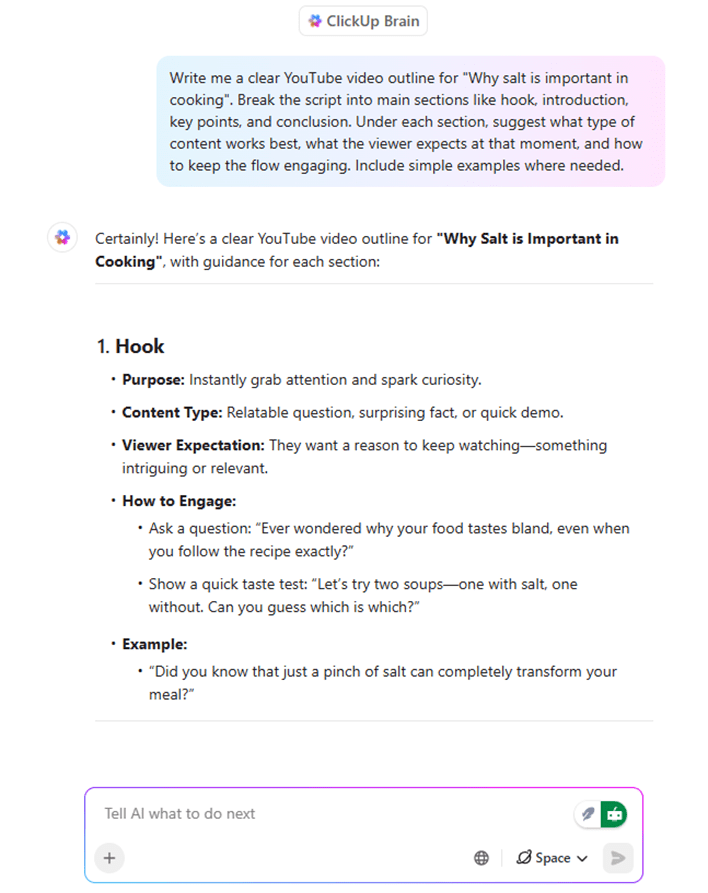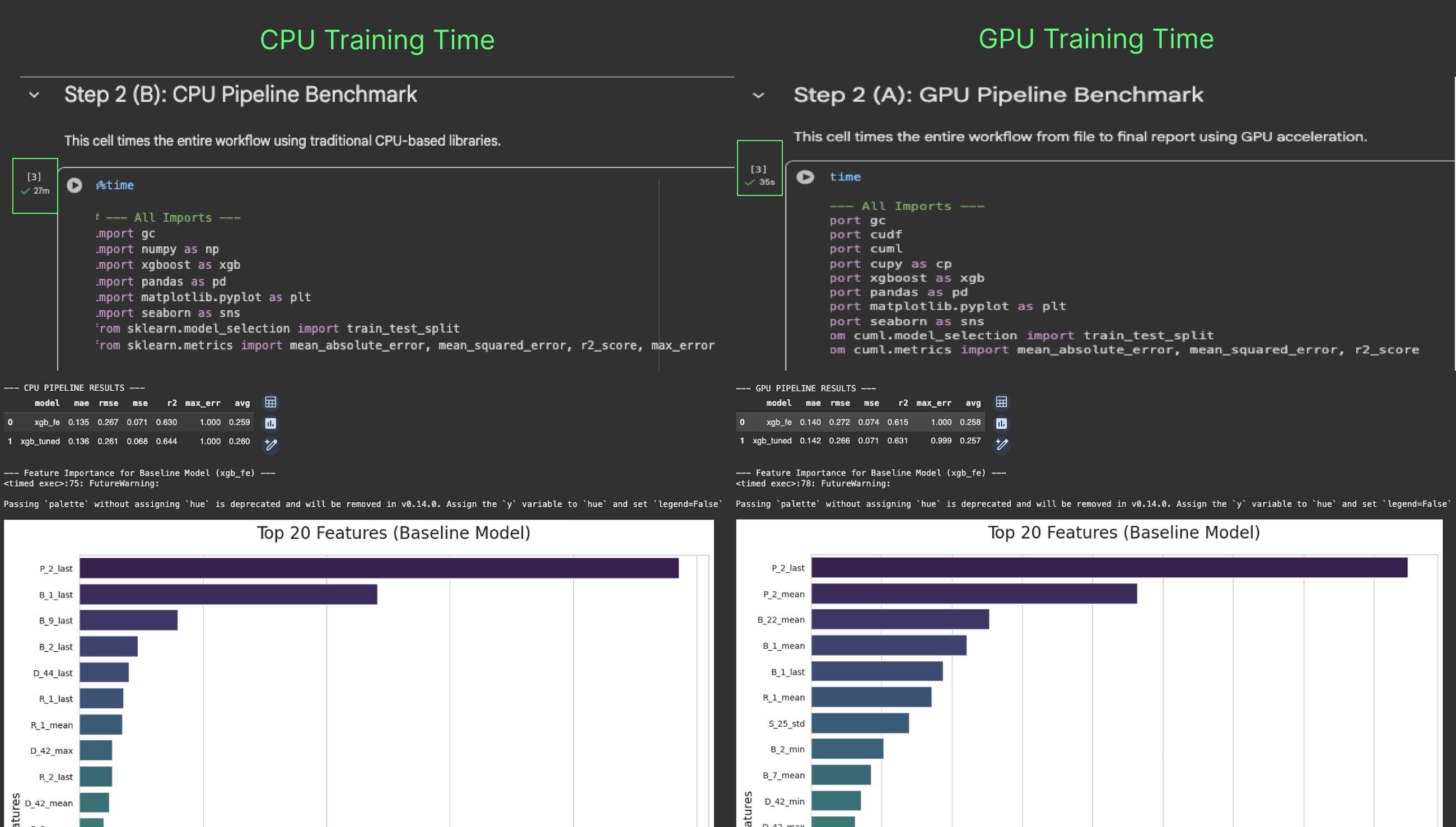I was watching a historical documentary about the Library of Alexandria. I learned about how Ptolemy II decreed that any ships entering the port must surrender their books for copying. Imagine a world where the most eminent nation charges tariffs paid in books?
All the stories about ‘floods’ destroying civilization felt more real with just this little nugget of information. Stores of ‘pre-flood’ books would be incredibly valuable. Books were a currency, and Ptolemy II was charging a tariff to be paid in books. It felt more plausible because demanding books to do business with the most advanced nation sounded like dystopian science fiction. It is what one might expect after a cataclysm.
I started to think about our own time, where so much knowledge is digital and completely dependent on electricity to be accessed. I began to wonder about things like a Carrington event. Or what about an EMP that knocks out the grid? Where would we get information and knowledge in a world without electricity and connectivity? Books are the answer, of course.
When I was a child, I would read encyclopedias. They seemed to be the greatest stores of knowledge. Encyclopedias made it easier to gain that knowledge. When the Internet arrived, I found myself getting lost in information rabbit holes, just as I had in encyclopedias as a child. The Internet made such research so much faster and easier. It seemed like cheating.
Compared to the Internet, encyclopedias were like an ox cart versus a Lamborghini. This is why books are becoming rarer. This is also why encyclopedias have become rarer. It does not make sense to put all that effort in when a better alternative exists.
However, information on the Internet is not as well-vetted as information in a 20th-century encyclopedia. I have an old Encyclopedia Britannica published in 1966. The Encyclopedia Britannica of that time was published by stodgy British professors.
In 1966, facts were double-checked and triple-checked before even being considered for the final vetting process. Was this piece of information a FACT worthy of the Encyclopedia Britannica? The Encyclopedia Britannica was the gold standard back then.
Nobody doubted facts from encyclopedias then because so much work had been put into their creation. Web pages and links to web pages can provide much more information, far more efficiently. Credibility is not as high for any particular piece of information on the Internet, though. The bar to entry was far higher to make the encyclopedia. There was a high standard for any fact that was printed in an encyclopedia from the mid-twentieth century.
Experts all agree that the Internet is a moral and intellectual swamp, portraying humanity in a very poor light. Now, consider all the AI models we are training on the internet. What does it mean to have the models training in the swamp?
Could one control where the AI went to train itself on the Internet? Of course, one could instruct the AI to research in specific areas, but we could not be 100% sure if the AI takes a peek elsewhere when it is connected to the Internet. I have begun to wonder about whether training AI with old encyclopedias might produce a different kind of AI. Maybe one a little more stable and less apt to hallucinate.
Encyclopedias are dispassionate treatises. The Internet is anything but dispassionate. What would an AI look like that did not have unfettered access to the Internet? Would it have more respect for its human masters?
Encyclopedias are not filled with the noise of endless emotional political rants. I think an AI trained solely on old encyclopedias might have a higher opinion of humans than the current crop weaned on the Internet. Encyclopedias represent the old way of storing vast amounts of knowledge, but maybe they still have a role.
Too many encyclopedias do not seem valuable in the digital age. They are important, though. As fewer and fewer books are printed, these wordy relics of our past are a ‘floor’. By preserving encyclopedias, we create a store of knowledge, which may not matter now, but almost certainly could play an important role in humanity’s future.
Encyclopedias are valuable on so many levels. They represent a vast store of knowledge accessible without electricity. They represent historical narratives created before the culture wars. They represent a more civil time.
Please consider contributing to this GoFundMe below if you agree that encyclopedias are a valuable analogue store of knowledge that deserves to be preserved. This first round of funding will concentrate on spinning up a non-profit to pursue this goal. Next steps would be experimenting with AI models, solely training them on 20th-century encyclopedias. Eventually, the goal would be to purchase a property where encyclopedias can be stored in a climate-controlled environment.
Donate to Preserve Knowledge: Save 20th Century Encyclopedias, organized by Anthony Watson
https://gofund.me/bd50e46c3










